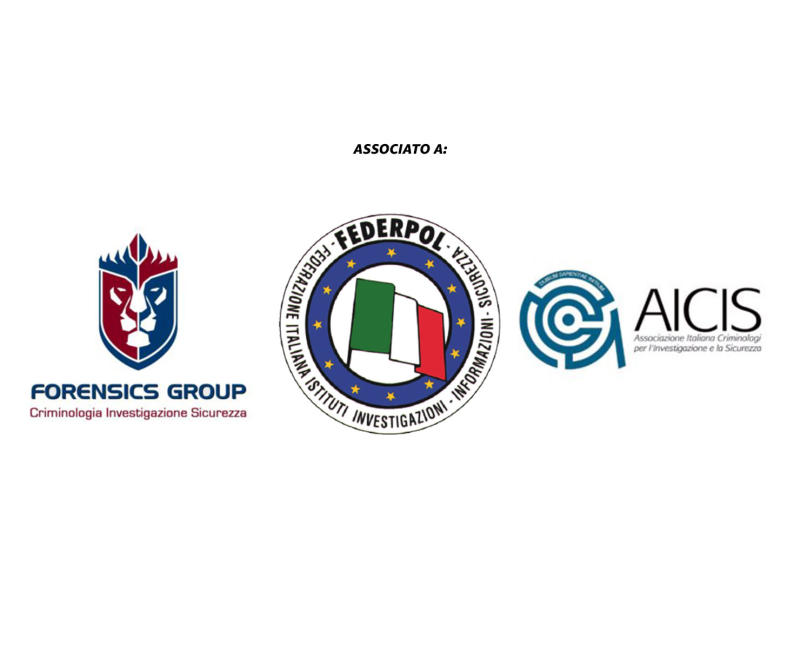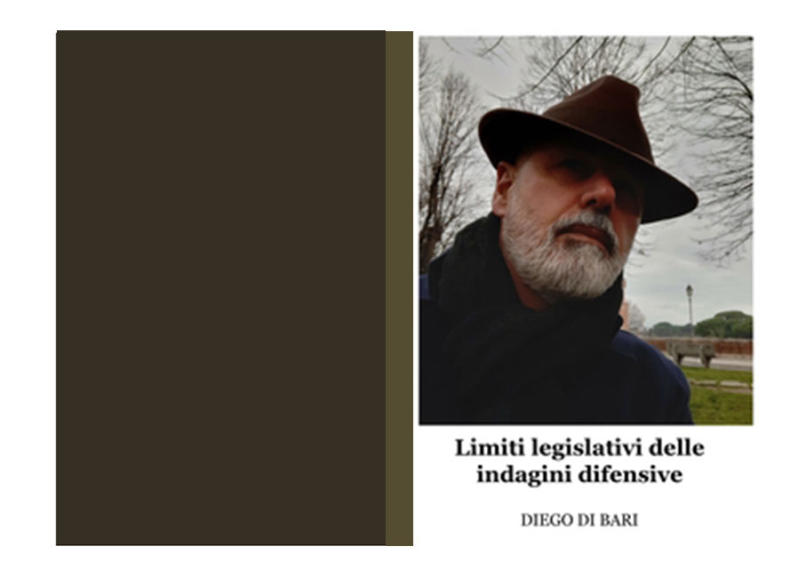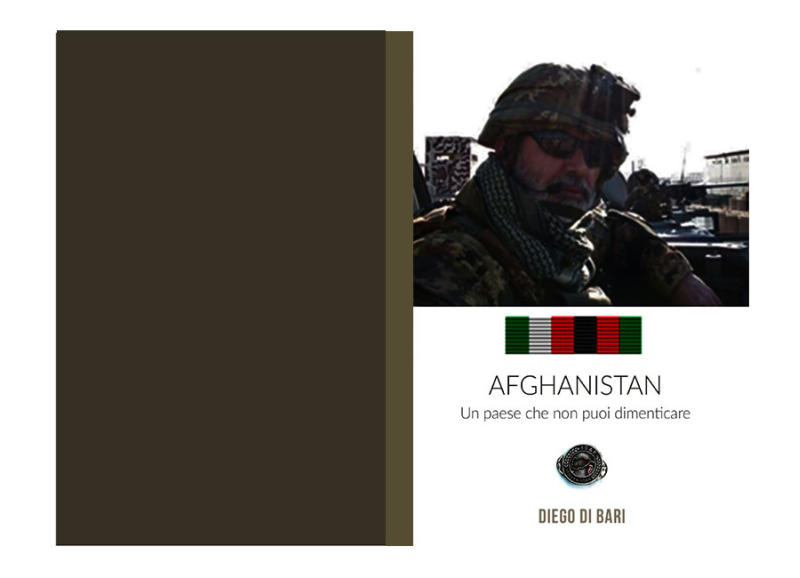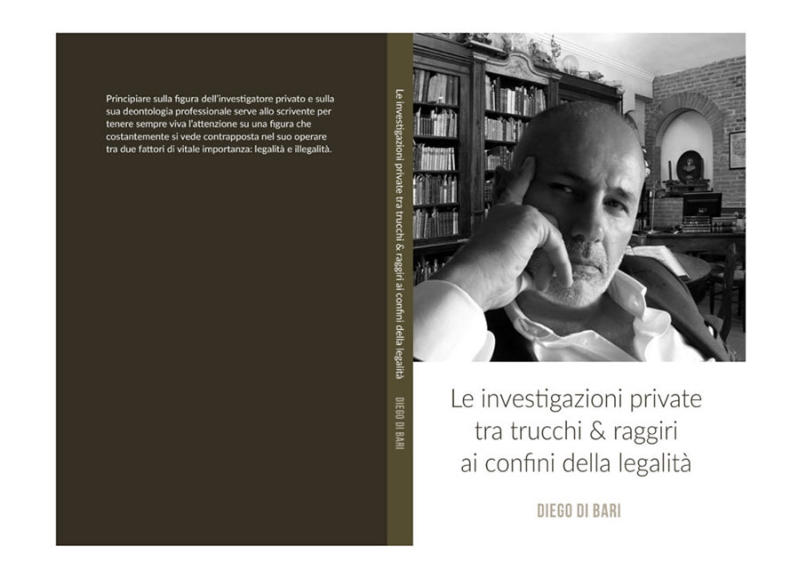
DR. DIEGO DI BARI
AUTHORIZED PRIVATE DETECTIVE
The first legislative provisions that in some way affected the detectives were those that governed private security institutions, contained in the regulation approved with R.D. June 4, 1914 n. 563. The actual private investigation activity was more specifically regulated starting from 1926 with a specific regulation contained in the Consolidated Law on Public Security (TULPS) approved by Royal Decree 6 November 1926 n. 1846. and issued with R.D. n. 773 of 18 June 1931 (dealt with in the same decree referred to in Title IV "of the Supervisory Institutes and Sworn Private Guards") and the relative R.D. of 6 May 1940 n. 635 (Regulation for the execution of the Consolidated Law of June 18, 1931, no. 773 of the Laws of Public Security). The legislation placed as a fundamental requirement the possession of a special license issued by the prefect, but did not regulate the figure.
With the entry into force of the new Italian criminal procedure code in 1989, art. 222 of the implementing provisions provisionally introduced the requirement of a specific professional competence, pending the issuance of a specific discipline of the figure; [1] in this regard, the R.D. 635/1940 dealing, in the articles 257 and following, of the provisions relating to the issue or revocation of the prefectural license, specified, in paragraph 4 of art. 257 bis that "nothing has changed in relation to the authorization provided for by art. 222 of the implementation, coordination and transitional provisions of the criminal procedure code for carrying out the activities indicated in art. 327 bis of the same code".
The decree of the Ministry of the Interior 1 December 2010 n. 269, which entered into force on March 16, 2011, dictated a specific discipline on private detectives: among the novelties, the distinction between the figures of private detective and commercial informant was introduced, with the introduction of related technical and training requirements. Several aspects were then clarified by the circular of the Ministry of the Interior of 24 March 2011.



